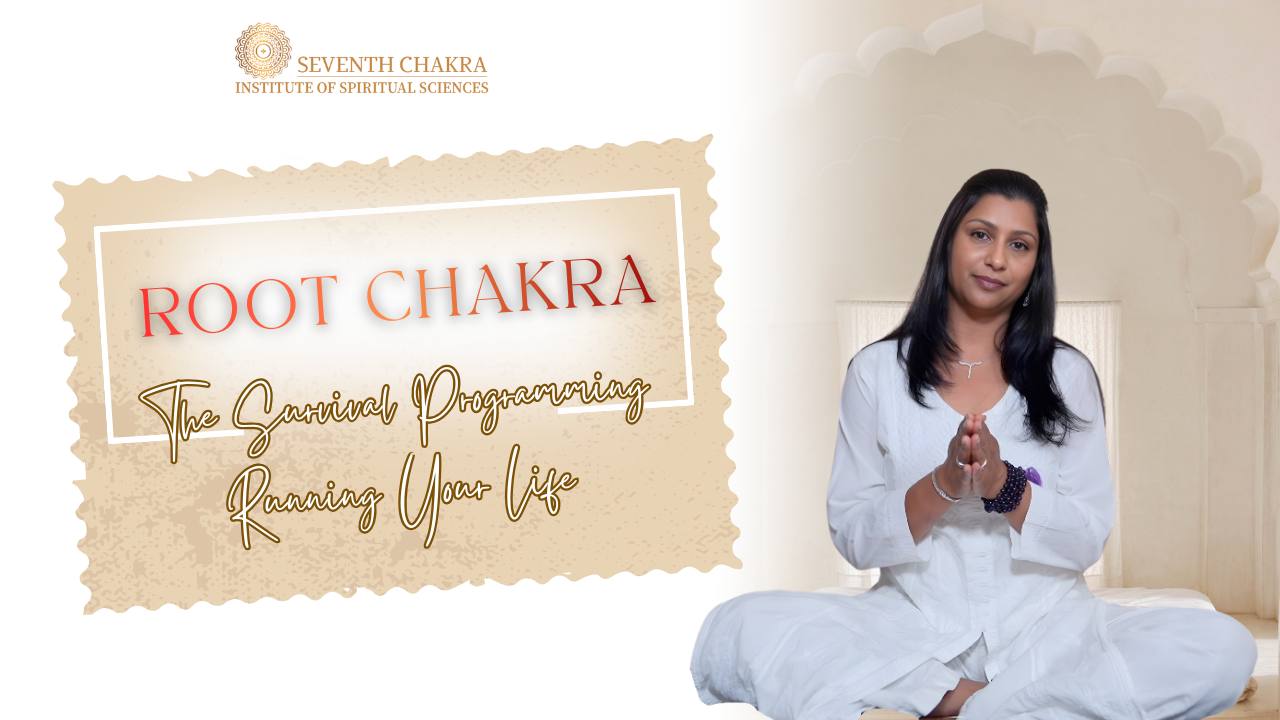Let's stay connected!

What Is Karma? (And Why It’s Not What You Think)
What Is Karma? Understanding the Ripple Effect of Our Actions
What Is Karma?
You’ve probably heard someone say, “That’s karma!” when things go wrong—or right. But what if karma isn’t about cosmic revenge or spiritual reward? What if it’s something much more intelligent… and far more empowering?
In Sanskrit, karma means “action initiated.” That’s it. Karma is not punishment. Karma is not destiny. Karma is simply the ripple created by every action—mental, emotional, physical, or energetic.
When you throw a pebble into water, it creates waves. Those waves ripple outward, touching everything. That’s how karma works. Your every thought, word, and deed sets energy in motion. And eventually, those ripples return.
Karma Is Not Linear—It’s Vibrational
One of the biggest misconceptions is that karma is tit-for-tat: “Do good, get good. Do bad, get bad.” But karma is vibrational, not transactional. It doesn’t punish—it balances.
Imagine the universe as one whole, indivisible fabric. A tug in one part affects the entire web. So even if your karma originated in one relationship or lifetime, its return may show up somewhere entirely unexpected. You may never see the link, but you’ll feel the echo.
How Karma Is Created?
You create karma knowingly and unknowingly.
- Through your beliefs and thoughts
- Through your emotional reactions
- Through your words, actions, and motivations
- Through repetitive patterns you don't question
- Going against Soul's intentions
This is something most people overlook:
The soul, being deeply patient and infinitely loving, gives us a long rope before it begins to tug. But when we stray too far from our own truth, life begins to whisper… then nudge… and finally, it shouts.
I’ve seen this so often in people who gave up on the passion that lights their soul in exchange for a career that seems more secure, reputable, or financially rewarding. At first, everything looks fine on the surface. But then—physical symptoms show up. Aches, chronic fatigue, inexplicable anxiety… even full-body breakdowns. Not as punishment, but as signs.
In these cases, karma simply means:
The discomfort isn’t here to condemn you. It’s here to redirect you. All the effects are gently (or not so gently) asking you to return to the path your soul is asking you to walk on.
Interestingly, the word “repent” in the Christian tradition originally meant “to return”—not to wallow in guilt, but to course-correct with love.
How to Know When Karma Is at Play
-
Do you keep repeating the same pattern, no matter how much you try to change?
-
Do certain people trigger you in ways that feel older than this lifetime?
-
Are you carrying grief, fear, or guilt that doesn’t seem to belong to your current story?
- Do you experience inexplicable inner paralysis, or physical symptoms, that stop you from moving in a certain direction?
These are karmic echoes—your soul’s way of saying, “This lesson isn’t over yet or you are going down the wrong path."
Karma Is Here to Help You Awaken
Karma isn’t a trap. It’s a teacher. Every experience that arises—especially the challenging ones—is here to help you return to truth. To teach you how to respond instead of react. To help you align with your highest Self.
- You are not the victim of your karma.
- You are its student—and its liberator.
In a future post, we’ll explore how to dissolve karmic patterns through the sacred practice of Karma Yoga—the yoga of conscious action.

Our Glow Membership...
Is A Great Place to Ignite your Inner Power
Learn more about the Seventh Chakra Institute of Spiritual Sciences through our Glow Membership, a supportive space for seekers like you to explore your spirituality with grace.
Whether you're just starting or deepening your spiritual practice, you'll find inspiration and empowerment as you discover how Kundalini Yoga and meditation can positively transform your life.





